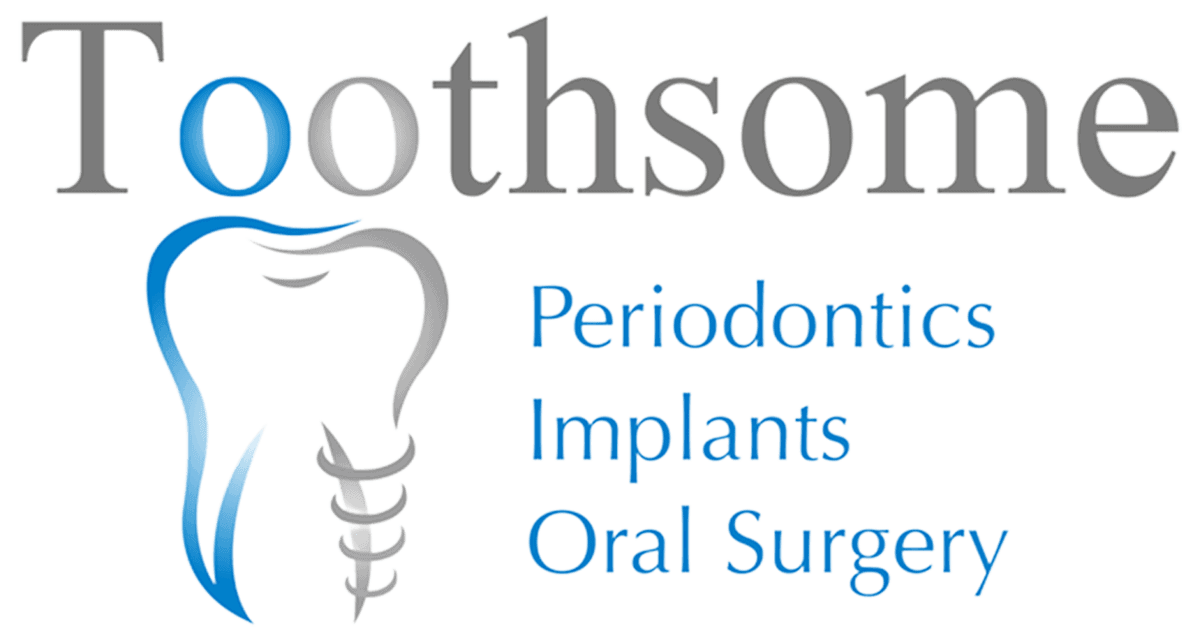
Impacted wisdom teeth can lead to discomfort, infection, and problems with the nearby teeth in your mouth. If you’re wondering what your impacted wisdom teeth can cause, contact our practice for a consultation and a dental exam.
Impacted wisdom teeth: the why and how
Wisdom teeth are the last set of teeth to grow in. They are the molars at the very back of your mouth that start to push through the gumline around the age of 17 to 21. Impacted wisdom teeth are the third molars that don’t’ break through, or only partially break through the gumline. This usually occurs when your mouth doesn’t have space for them or the wisdom teeth grow into an unfavourable position.
Most anthropologists believe that wisdom teeth are relics of our human past.
Wisdom teeth are an evolutionary hold-over from the days when our ancestors had to chew nuts, roots, leaves, and tougher meats to get the nutrition they needed to survive. Our ancestors likely had larger jaws, which could accommodate the wisdom teeth.
As this induced heavy wear-and-tear on molars, having wisdom teeth was necessary. Since the advent of cooking food, agriculture, softer foods, and more sophisticated eating utensils, we no longer need an extra set of molars to deal with the heavy-duty chomping of a paleolithic diet.
Today, as most people have smaller jawbones and eat a refined diet, wisdom teeth tend to grow where there is not enough space.
The wisdom teeth may get caught under the gumline, can become infected and cause significant discomfort.

Types of impacted wisdom teeth
Fully impacted wisdom teeth don’t break through the gumline at all. Even though you can’t see it, they can still crowd nearby teeth by pressing against the root system of your molars. Whereas, partially impacted wisdom teeth only partially erupt due to a lack of space and can come in at an angle, making them challenging to keep clean.
What can impacted wisdom teeth cause?
Impacted wisdom teeth can lead to misaligned teeth. A crowded mouth is harder to floss and keep clean, is more prone to plaque build-up, and is more likely to contract gum disease. Impacted wisdom teeth can also put pressure on the adjacent teeth causing a process called resorption.
Partially impacted wisdom teeth: the infection risk
Partially impacted wisdom teeth are challenging to clean. Food debris and bacteria can easily get trapped on and around the tooth and inside the gumline, leading to infection or inflammation of the gums. Some of the risks associated with partially impacted wisdom teeth include:
- Gum disease
- Cavities
- Food trapped in the gumline
- Decay
- Misalignment of surrounding teeth
- Difficulty flossing
Impacted wisdom teeth: the symptoms
Even if you don’t have symptoms or complications already, your dentist might suggest removing your impacted wisdom teeth to prevent any adverse dental outcomes. Below are the symptoms of impacted wisdom teeth:
- Pain in the region of the wisdom tooth
- Problems opening your mouth
- Halitosis, or bad breath
- Swelling or pain in the jaw
- A chronic unpleasant taste in the mouth
- Swollen, red, or bleeding gums
How are impacted wisdom teeth diagnosed?
Impacted wisdom teeth are diagnosed through a dental examination and an x-ray of your mouth. Dental imaging enables your dentist to see the position of your wisdom teeth and determine whether extraction is necessary.
Wisdom teeth extraction
Impacted wisdom teeth are treated with wisdom teeth extraction. This is a simple, routine dental surgery that involves making a small incision in the gumline, removing the impacted teeth typically in sections, and stitching up the incision.
Your dentist may ask if you want local or general anaesthesia when you get your wisdom teeth out. With local anaesthesia, pain in your mouth will be blocked. With general anaesthesia, you will be asleep and unaware during the surgery.
If you have a partially impacted wisdom teeth, your dentist may be able to perform a simple extraction by wiggling the tooth loose and removing it from the socket.
Wisdom teeth extraction is a common procedure in dental surgery and can help you avoid further discomfort and complications.
For most, it only takes 4-6 weeks for your mouth to fully heal after the procedure. However, it only takes a few days for most patients to get back to their normal activities, and about a week or so before patients start to eat solid foods again.
Final thoughts
If you or someone you know might have impacted wisdom teeth, please contact Toothsome via our online contact form or call any of the following locations to book an appointment for an assessment.
Chatswood (Dr. Willis & Dr. Chou): (02) 8203 8786
Baulkham Hills (Dr. Willis & Dr. Chou): (02) 9158 6637
Sydney (Dr. Willis): (02) 9159 3728
Any surgical or invasive procedure carries risks. Before proceeding, you should seek a second opinion from an appropriately qualified health practitioner.


